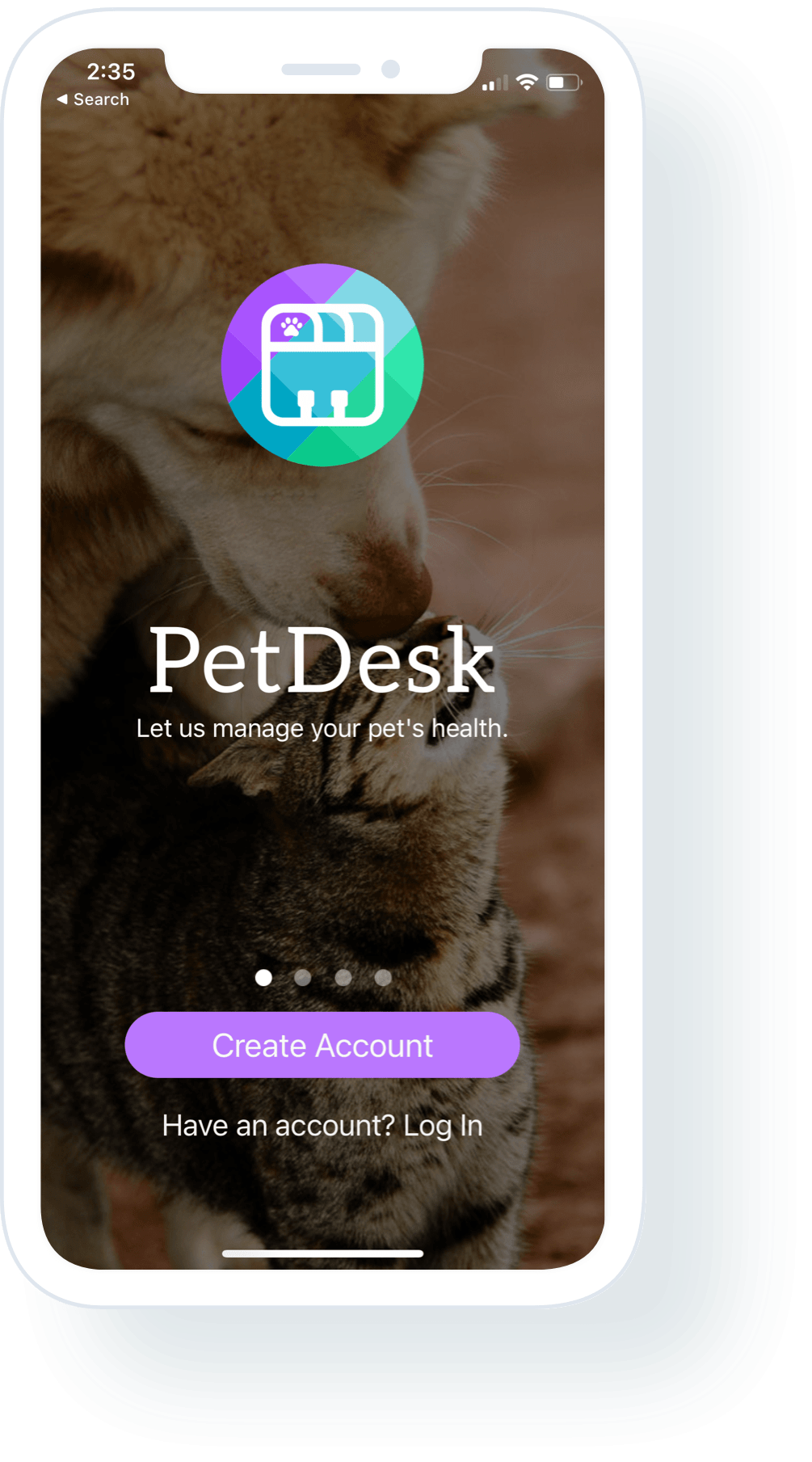Exceptional Veterinary Care in Branson, MO
Proudly Welcoming New Clients!
Welcome to Branson Veterinary Hospital in Branson, MO
Here at Branson Veterinary Hospital, our mission is to provide the highest quality veterinary care possible. Our primary goal is to serve and educate our clients who treasure their pet as one of the family. Our professional and caring staff is here to provide the best medical and preventive care possible.
We look forward to caring for you and your family, very soon!

Veterinary Services in Branson, MO
At Branson Veterinary Hospital, we provide a wide range of services to keep your pets healthy and happy. We offer everything from wellness plans, to pet boarding, and daycare.
Appointment Request
Affordable Wellness Plans
Pet Boarding & Daycare
Pets are like family, and our Staff know you always want what’s best for your family.
Request A Refill
Quickly and easily put in a request for a refill of your pets medications!
Meet Our Veterinary Team
We have a highly motivated and knowledgeable team of veterinarians and staff committed to providing our clients with high-quality and full-service veterinary care. We have over 90 years of combined experience.

Your Branson Veterinarian
If you live in the Branson area in MO, then you have picked the perfect site to find a veterinarian, Dr. Jeffrey P. O’Dell, Dr. Henry R. Ewert, Dr. Mike Opsomer, and Dr. Julie King. They are licensed veterinarians giving compassionate care with a personal touch in treating your cats and dogs. Your pet’s health and well-being are very important to our team and we will take every step necessary to give your pet the best possible care.
Thank you for making us one of the highest-rated veterinary hospitals in Branson, MO.
Justine S.
Peg C.
A Free App and Loyalty Program for You & Your Pets
Got points? Let our team know which reward you’d like to use before you check out!
- Request Appointments 24/7
- Receive Reminders for Everything
- Access Your Pet History and Vaccines
- Take Care of Your Pets, Earn Rewards
- Accumulate Rewards During Each Visit
- Redeem Your Rewards During Your Next Visit
Loyalty Program
Earn Points! Learn More
